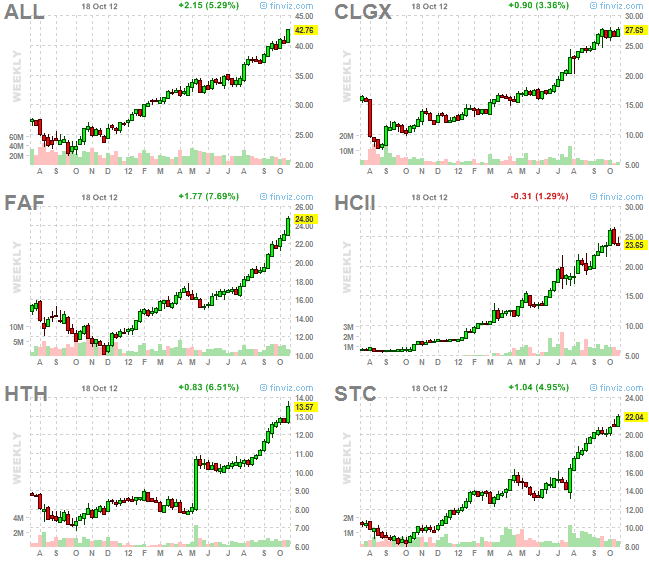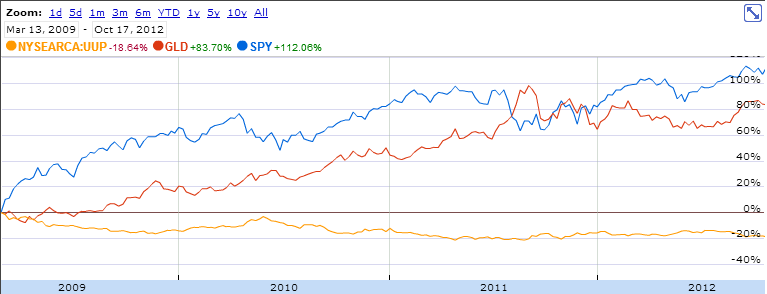1) Not Having a Method – if you don’t stand for something, you stand for nothing. If you don’t know where you’re going, you will get to nowhere. Define yourself and go a step further – follow your own plan, because if you don’t have a plan, you will become part of someone else’s plan:
If you don’t understand why you are in a trade, you won’t understand when it is the right time to sell, which means you will only sell when the price action scares you. Most of the time when price action scares you, it is a buying opportunity, not a sell indicator. – Martin Taylor
2) Trading too big – you will exit because of fear, not because your thesis was proven incorrect. Define an amount you could afford to lose, a price level where your thesis will be invalidated and based on that data come up with the right position size for you. For example, if you risk $1000 per idea and your stop is $2 below/above your entry, you could only afford 500 shares. ($1000:2)
Traders focus almost entirely on where to enter a trade. In reality, the entry size is often more important than the entry price because if the size is too large, a trader will be more likely to exit a good trade on a meaningless adverse price move. The larger the position, the greater the danger that trading decisions will be driven by fear rather than by judgment and experience. – Steve Clark
3) Overtrading – How frequently we open new positions is defined by our market approach. In any case, less is more, no matter what your time frame of operation is. Don’t get me wrong, you need more than one idea, just because it could go bust for various unforseen reasons no matter the homework you’ve done. But taking any signal and spreading your energy and capital in too many directions is rarely a wise move. Stick to what you know, stick to what is working and don’t chase rumors and ideas you have zero edge at.
Sometimes the best trade is not to take any new trades at all and stick to what you already have. I know how tempting it is, especially in a bull market, when everything is breaking out all over the place. You feel like a kid in a candy store and don’t know where to go. Pick one or two spots and just go there. Don’t try to get them all. You can’t. You won’t. (unless you’re a computer)
The major reason behind mistakes N2 and N3 is usually overconfidence. It is essential to have some confidence in order to follow your plan and take your signals, but above the reasonable level, it turns against you. Overconfidence is the single biggest reason why experienced traders and investors lose money. The moment you start to believe that your success is due to your genius and not due to your carefully thought out and tested market approach, you have already lost.
4) Watching your stocks too closely – granted if you are an intraday trader, this is part of your job, but for longer time frames of operation, watching too closely is detrimental. Give your trading ideas some room to breath and don’t watch every tick.
Staring at the screen all day is counterproductive. He believes that watching every tick will lead to both selling good positions prematurely and overtrading. He advises traders to find something else (preferably productive) to occupy part of their time to avoid the pitfalls of watching the market too closely. – Jack Schwager about Steve Clark
Watching your stocks too closely could certainly have negative consequences on performance. You end up overtrading. You buy new, lousy setups you don’t need and close positions that are doing perfectly well, just because of a small tick against your position. Being too close to the market is like being on a diet and spending your time at the finest cake bakery. It is hard not to nibble on something.
In the words of Warren Buffett, if you spend enough time in a barbershop, sooner or later you will decide that you need a haircut. (even if you are bald).
Paraphrasing Soros – You go to work every day thinking that you have to do something. As a result, you often do stupid things out of boredome, when you would be better off just sitting on your hands. I go to work only when there is something to do, only when it is worth doing so. As a result, I have learned to distinguish the important from the ordinary days and I know when to put the extra effort.
If you are a swing trader or an investor, find something worthwhile to do instead of starring at your stocks all day. Writing, reading, exercising, competitive eating…whatever floats your boat.
It is not the lack of knowledge that hurdles most market participants. It is its application in the real world. Everyone knows what needs to be done in order to lose weight, but how many have the discipline to actually follow their own plan.
All quotes are from: Schwager, Jack D. (2012-04-25). Hedge Fund Market Wizards. John Wiley and Sons. Kindle Edition.

